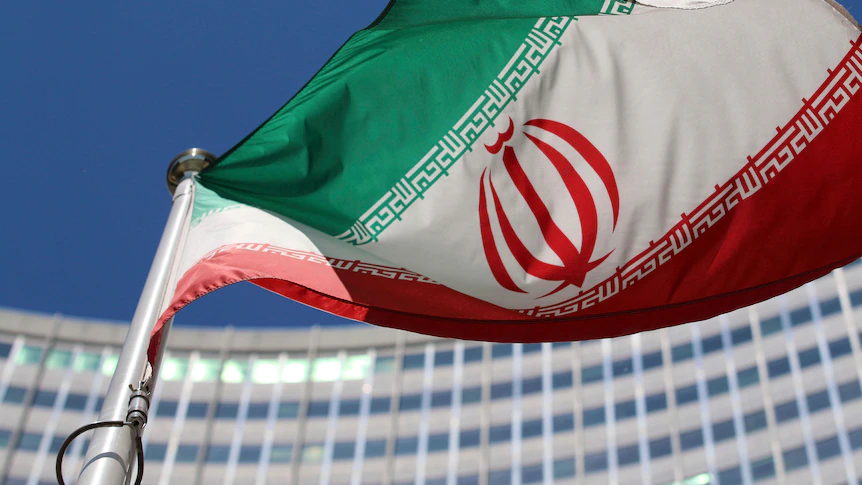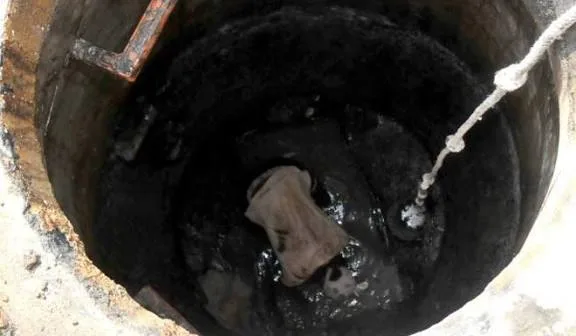By ABC News
Copyright abc

The United Nations has reinstated an arms embargo and other sanctions on Iran, with Tehran warning the move will be met with a harsh response.
The UK, France and Germany triggered the return of sanctions on Iran at the UN Security Council over accusations that the country has violated a 2015 deal that aimed to stop it from developing a nuclear bomb.
Iran denies seeking nuclear weapons.
The end of the decade-long nuclear deal originally agreed to by Iran, the UK, Germany, France, the United States, Russia and China is likely to exacerbate tensions in the Middle East, just months after Israel and the US bombed Iranian nuclear sites.
UN sanctions imposed by the Security Council in resolutions adopted between 2006 and 2010 were reinstated at 8 pm on Saturday, local time.
Attempts to delay the return of all sanctions on Iran failed on the sidelines of the annual gathering of world leaders at the UN this week.
“We urge Iran and all states to abide fully by these resolutions,” the foreign ministers of France, the UK and Germany said in a joint statement after the deadline passed.
While Tehran has warned of a harsh response, Iranian President Masoud Pezeshkian said on Friday that Iran had no intention of leaving the Non-Proliferation Treaty.
Iran said on Saturday it was recalling its ambassadors to the UK, France and Germany for consultations.
Russia has disputed the sanctions’ return.
“It is unlawful, and it cannot be implemented,” Russian Foreign Minister Sergei Lavrov told reporters at the UN earlier on Saturday.
He said he had written to UN Secretary-General Antonio Guterres and warned it would be “a major mistake” for him to acknowledge a return of UN sanctions on Iran.
The Security Council website was swiftly updated on Saturday evening to reflect the return to sanctions.
Diplomacy still an option
The European powers had offered to delay reinstating sanctions for up to six months to allow space for talks on a long-term deal if Iran restored access for UN nuclear inspectors, addressed concerns about its stock of enriched uranium, and engaged in talks with the US.
“Our countries will continue to pursue diplomatic routes and negotiations,” the foreign ministers of the UK, France and Germany said.
“We urge Iran to refrain from any escalatory action and to return to compliance with its legally binding safeguards obligations.”
US President Donald Trump has been clear that diplomacy is still an option for Iran, and a deal remains the best outcome for the Iranian people and the world, US Secretary of State Marco Rubio said in a statement after the sanctions were reimposed.
“For that to happen, Iran must accept direct talks, held in good faith, without stalling or obfuscation,” he said.
Mr Rubio stressed that until there was a new deal, it was important for countries to implement sanctions “immediately in order to pressure Iran’s leaders to do what is right for their nation, and best for the safety of the world”.
Iranian supreme leader Ayatollah Ali Khamenei has described diplomacy with the United States as a “sheer dead end”.
His nation’s economy is already struggling with crippling US sanctions that have been in place since 2018.
Tehran has argued without success that the deal was voided by the US’ unilateral withdrawal from the accord in 2018 under President Donald Trump’s first administration.
Since then, Iran has severely restricted required inspections by the UN nuclear watchdog, the International Atomic Energy Agency, particularly after the 12-day war Israel launched on Iran in June.
That war saw both the US and Israel bomb key Iranian nuclear sites.
With the return of UN sanctions, Iran will again be subjected to an arms embargo and a ban on all uranium enrichment and reprocessing activities, and any activity related to ballistic missiles capable of delivering nuclear weapons, including launches.
Other sanctions to be reimposed include travel bans and asset freezes on dozens of Iranian individuals and entities, and a ban on the supply of anything that could be used in Iran’s nuclear program.
All countries are authorised to seize and dispose of any items banned under UN sanctions and Iran will be prohibited from acquiring an interest in any commercial activity in another country involving uranium mining, production or use of nuclear materials and technology.



